“I hope that philosophers, sociologists and media commentators might critique how key relationships have been impacted – for better or worse – by this pandemic. I encourage our theologians to consider what this crisis is saying about Church, about our identity and mission, about our relationship with the State, and about prayer and faith”
Archbishop Eamon Martin
Homily
Ever since Jesus commissioned his disciples to ‘go out to the whole world and proclaim the Good News’, the Christian faith has been handed on – from person to person, from generation to generation. In his message for today, the 54th World Day of Social Communications, Pope Francis draws attention to the importance of memory and storytelling in the handing on of faith. He chooses a line from the Book of Exodus to sum up his thoughts: ‘That you may tell your children and grandchildren’ (Ex 10:2).
When I attended the Youth Synod in Rome in 2018, Pope Francis surprised us by hosting an evening for young people and “senior citizens” to meet up and share stories so that they might listen and learn from each other. He called the event: ‘Sharing the Wisdom of Time’ and spoke that evening about the special bond between young people and their grandparents, and of how sharing stories across the generations helps to pass on faith, wisdom, hope and love.
Pope Francis returns to this theme in his World Communications message for today:
‘In an age when falsification is increasingly sophisticated … we need wisdom to be able to welcome and create beautiful, true and good stories. We need courage to reject false and evil stories. We need patience and discernment to rediscover stories that help us not to lose the thread amid today’s many troubles. We need stories that reveal who we truly are…’
During this time of COVID19 restrictions, many grandparents are missing the physical company and affection of their grandchildren – especially their hugs! And these days are challenging also for young people – I think especially of those for whom 2020 was to be an important “graduation” year – from primary school to post-primary; from school to college; from college into the world of work; from engagement to marriage – the joyful celebration of these special transition moments has been interrupted by the restrictions.
What the world is going through this year will be spoken about for generations to come. When people look back on 2020, they will tell the story of how the world had to pause; travel was suspended; people had to isolate themselves from one another and learn new ways to study, to communicate and do business. They will speak of how new opportunities were found for people to gather virtually – not only for lessons, socialising and decision-making – but also for prayer and the praise of God.
When we come to tell the story of 2020, I hope we will speak about what we learned during the pandemic: how it made us question our priorities and values; how people were prepared to make sacrifices for the common good and for the protection of health and life; how we came to appreciate those who care for the elderly and the sick and how charity and heroism can flourish in the midst of crisis. Perhaps we will speak differently about ‘2020 vision’ – that 2020 was the year we learned to value our friends, family and Church more because we had to spend so much time apart.
Today the Church remembers the Ascension of the Lord – that moment of departure and farewell between Jesus and His closest companions. But the Ascension also marked a new beginning – and the great “commission” to “go and make disciples of all the nations”, trusting that the Lord remains with us always. Soon after the Ascension the disciples would be emboldened by the power of the Holy Spirit at Pentecost to be courageous witnesses to the story of the life, death and resurrection of Christ. They would begin a mission to pass on their testimonies of how much He changed them and inspired their lives for the better. Among those early storytellers was Luke, who chose to write down for Theophilus his reflections on the life of Jesus and on the first missions of the early Church.
These days of pandemic are inspiring many people to reflect more on their personal life story and faith journey. In that way the pandemic offers an opportunity for a new beginning. We might, for example, consider the impact of the Covid19 restrictions on our personal lives and values – has it made us more determined to live better and more purposeful lives? Have we become more sensitised to the needs of the vulnerable; more in touch with our own physical, emotional, mental and spiritual needs; more aware of the fragility of our lives, our dependence on one another and on our need for God?
I hope that the philosophers, sociologists and media commentators of Ireland might begin to reflect on and critique how key societal relationships and partnerships here have been impacted – for better or worse- by the pandemic. I encourage our theologians to consider what this crisis is saying to us about Church, about our identity and mission, about our relationship with the State, and about how prayer and faith can help sustain believers in a time of anxiety and crisis.
“That you may tell your children and your grandchildren” – these ancient words written down in the Book of Exodus more than two and half thousand years ago are strangely relevant today.
Encouraged by Pope Francis, I have invited grandparents and grandchildren to pray together and to share and record stories – over the phone, on social media or video call – of how they are coping during this coronavirus crisis. I also extend a wider invitation for all of us to consider capturing the story of how we are being affected personally by the pandemic – perhaps in prayer, prose, poetry, art or music, diary or blog. One day all these separate stories, memories and reflections will help to form the narrative which future generations will ponder to understand how the world and its people coped in these challenging times.




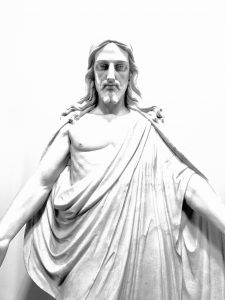
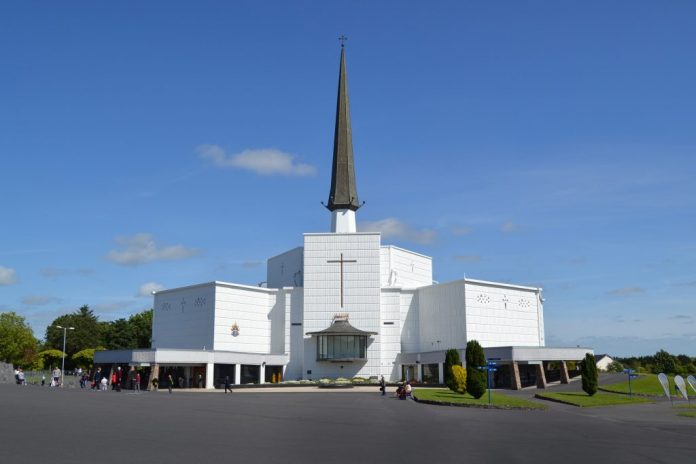
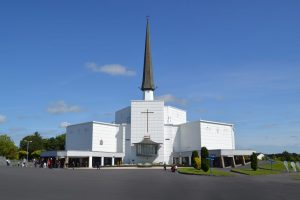
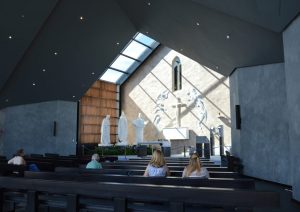
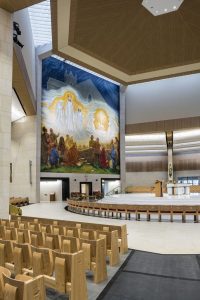
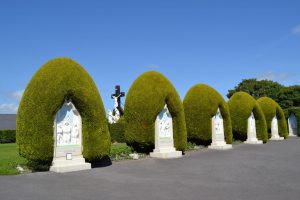
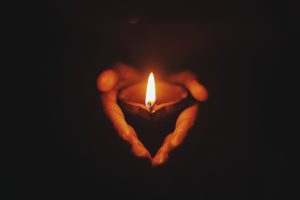
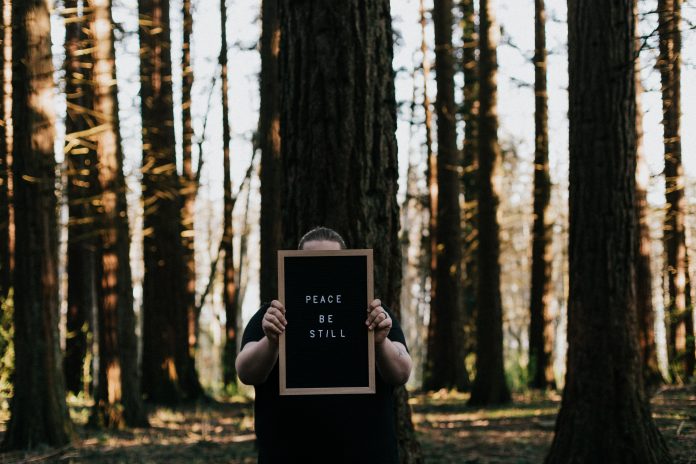

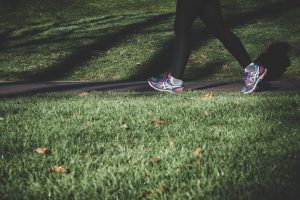
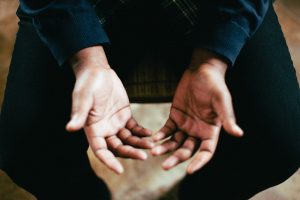



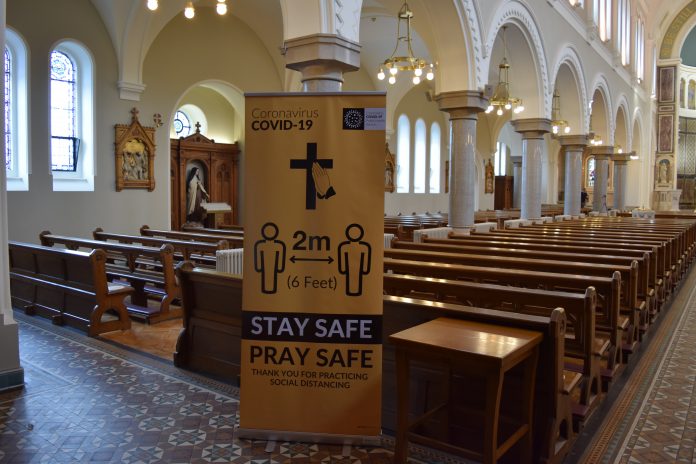
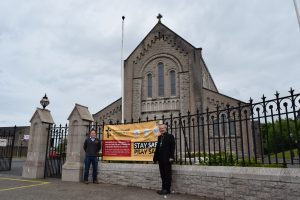
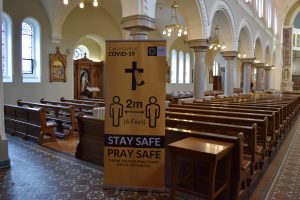
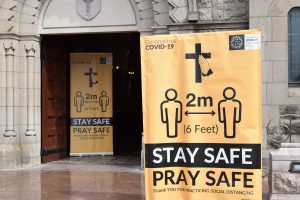


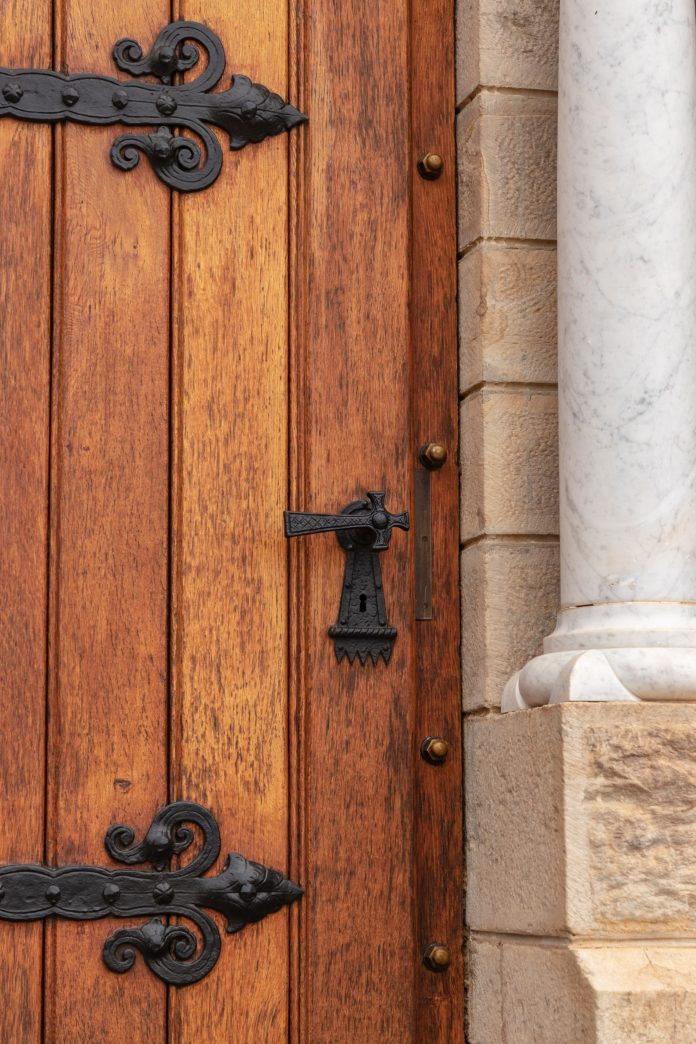
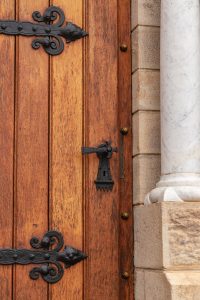
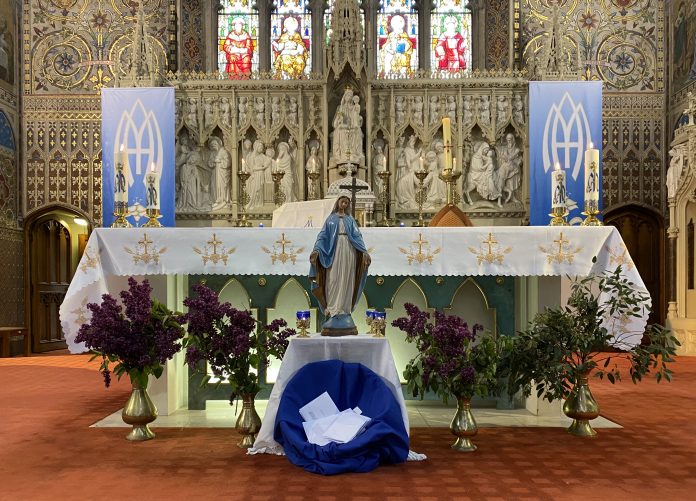
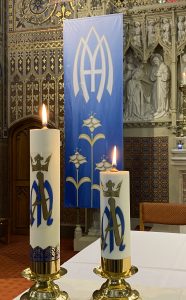
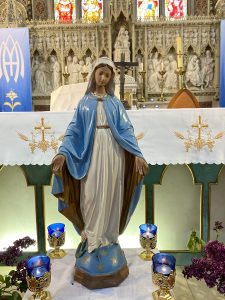
You must be logged in to post a comment.